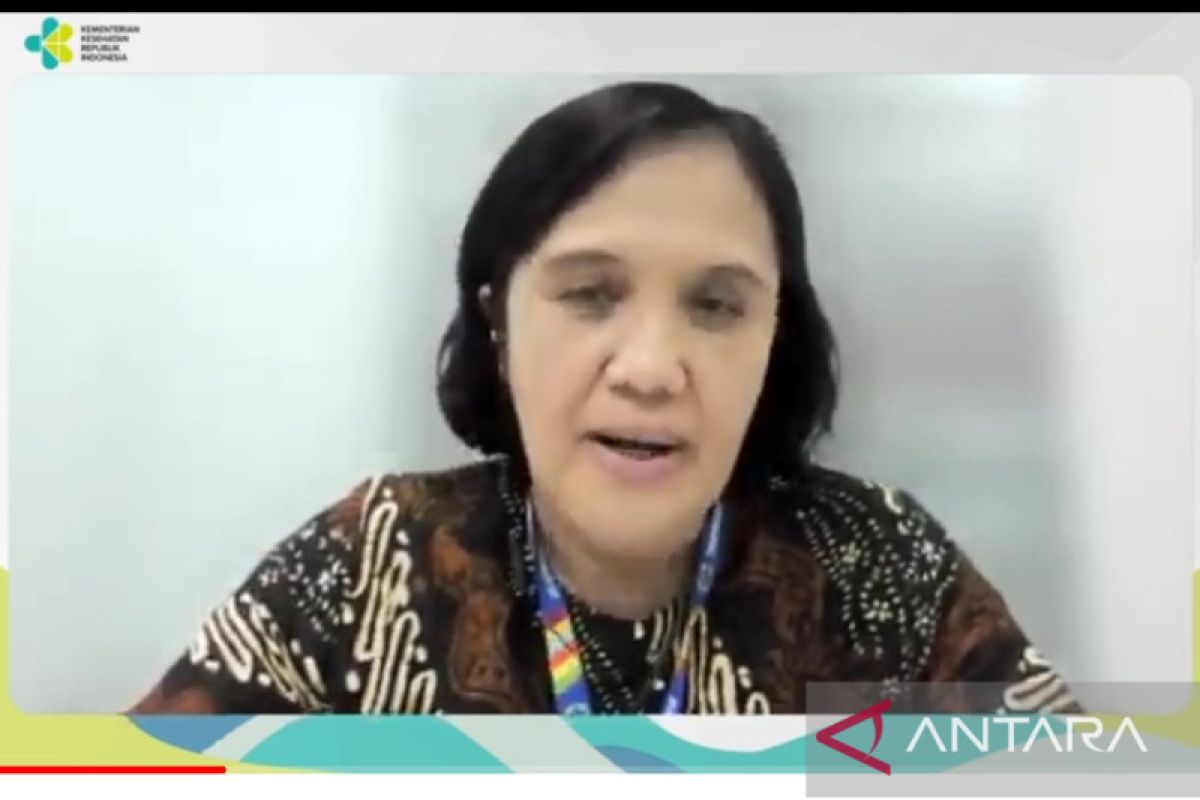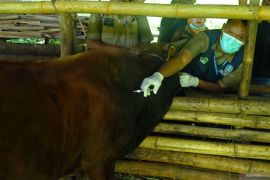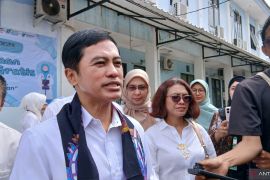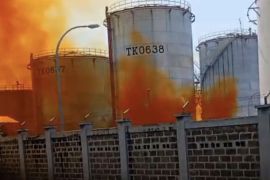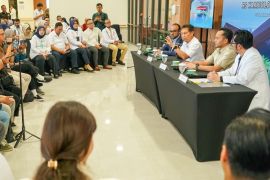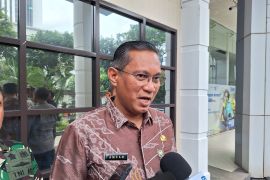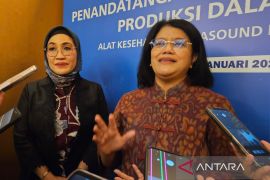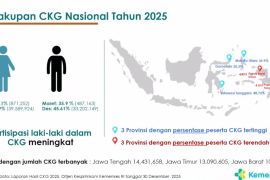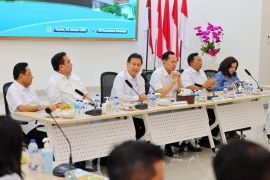"To achieve the target, we aim to intensify the implementation of malaria prevention in an integrated and comprehensive manner," acting director of infectious disease prevention and control at the Health Ministry, Tiffany Tiara Pakasi, said at a virtual press conference on Friday.
Until 2021, out of 514 districts/cities, at least 347 were declared to have reached the elimination target, she informed. Moreover, in order to achieve the 2030 Malria Free, regional zones have been identified for targeted malaria elimination efforts.
Region I consists of provinces on the islands of Java and Bali; region II comprises provinces in Sumatra, Sulawesi, and West Nusa Tenggara; region III provinces in Kalimantan and North Maluku; region IV Maluku and East Nusa Tenggara provinces; and region V Papua and West Papua provinces, she said.
In 2021, the number of malaria cases in Indonesia reached 304,607, reflecting a decline compared to 2009, when the number of cases was pegged at 418,439, Pakasi said.
Based on the number of cases, it is known that the incidence of malaria shown by the Annual Parasite Incidence (API) indicator is 1.1 cases per 1,000 population.
Related news: RTS,S malaria vaccine effective against Plasmodium falciparum: BRIN
The 2030 Malaria-Free effort was preceded by the achievement of malaria-free areas at the provincial level and in all districts/cities, she said.
“The success of Malaria-Free Indonesia will be determined by the success of early detection of malaria cases in the community, especially cases in migrant populations. Detection of cases in migrant residents is depending on the authority outside the health sector," Pakasi added.
In addition, the success of the Malaria-Free Indonesia initiative will also be determined by vector control in environments, such as abandoned ponds, rice fields, plantations with water puddles, swamps, lagoons, and other areas with stagnant water.
Pakasi called for the involvement of the community and the private sector, such as mining companies, plantation companies, and other companies, in providing resource support as a corporate social responsibility.
World Malaria Day is commemorated every year on April 25. This year, the commemoration will be held in Central Lombok, West Nusa Tenggara province, on May 31, 2022.
The event aims to increase local government and stakeholders' commitment for mobilizing the support and active role of all components to realize a Malaria-Free Indonesia by 2030.
Related news: Integrated malaria control program must be prioritized: BRIN
Related news: Preventing dengue, malaria to avoid double health burden amid corona
Translator: Andi Firdaus, Resinta S
Editor: Suharto
Copyright © ANTARA 2022
